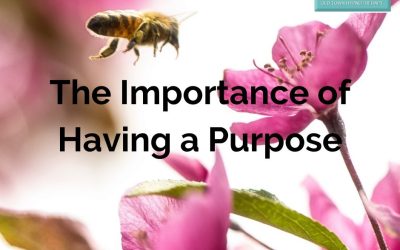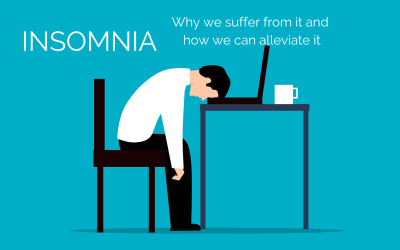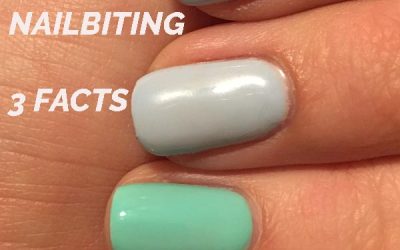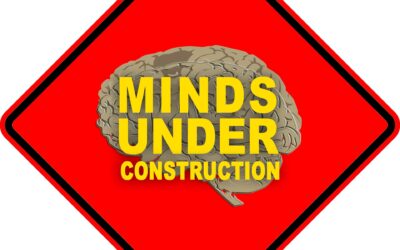
When is the perfect time to get help for mental and emotional disorders?
Author – Emma Triplett
You might wonder why this is even a question. The obvious answer is when you need help, is it not?
But you might be surprised to learn that for many people with emotional and mental disorders such as anxiety, depression and anger the answer isn’t as straightforward as it appears but you are not alone.
When you develop anxiety, depression or anger disorders you start being influenced by part of your brain that is designed to take control in a flight/fight situation. We call this your ‘primitive brain’ and although all three conditions show similar behavioural and thought patterns, there are also differences:
Anxiety
People with anxiety will tend to negatively forecast the future, so on contemplation of seeking help the thoughts tend to go along the lines of:
“What if I don’t like the therapist”
“What if the therapist doesn’t like me”
“It may not help”
“What if I get upset or anxious”
“What if I can’t do it”
“What if it’s a scam”
You see the amount of ‘What if-ing’. People with anxiety do a lot of what if-ing and worrying and they put off making the decision in case it is the wrong decision. When things are at their worst this becomes more extreme because that primitive part of your brain, designed to keep you alive, doesn’t want you to step outside your comfort zone and do anything new, on the contrary it will come up with whatever excuse it can to keep you doing the same thing you did yesterday, after all you survived yesterday.
Depression
Now, depression is at the other end of the scale to anxiety. Depression negatively introspects about yourself, your life and the past. So, typical thought patterns of depression include:
“It won’t work”
“Nothing works”
“What’s the point, it wont work for me”
“Last time I did that course, it was useless, there’s no point”
“I can’t face it right now, things are really bad”
“Therapy is all useless”
“It’s a scam”
Again the primitive brain is throwing in excuses to avoid doing anything new because all it wants you to do is retreat into your cave where it can keep you safe until the danger has passed. But the danger doesn’t pass because it’s coming from your own mind, not a tangible outside threat. The most common thing I hear from people on depression courses is “I couldn’t face it, I’ll do it when I feel better”.
Anger
Anger is slightly different. Anger is a tool to invoke strength to try and overcome something when the person feels out of control. Generally people who get angry and people who need to be in control and the anger, which comes from the primitive brain, increases when they’re not feeling in control of something. When the anger outbursts happen, usually the person feels remorse and guilt afterwards and this is the point when they do seek help. However, as when the anger has subsided completely and they feel back in control they feel they don’t need help after all, they can handle it …… until the next time.
Many people experience two or all three of the conditions, anxiety, depression and anger and do all the different types of negative thinking.
Why and when do you get help?
If these disorder have become persistent, then you may need help in understanding what has to change – something needs to. Disorders like this show up in your life because something needs to change.
If you had a headache that just won’t go away on it’s own. You’ve had this headache for weeks, do you wait until the headache has gone and then take headache tablets or painkillers? Or do you take them in order to get rid of the headache?
Therapies such as solution focused brief hypnotherapy are similar, you seek help when you are at your worst and need help, not wait until you feel better. The therapy will help you get better just like the painkiller will help the headache or pain. Think of anger as a reoccurring headache, something you are doing is triggering it (you are doing, not other people) and you need help, at a time when you are not angry, to understand how not to trigger the anger yourself.
So the perfect time to get help for anxiety, depression and anger disorders is when it is at it’s worst, not when you feel better or up to it. The moment you step onto the path of getting help is the moment you start to feel better.
If you have an inspiring story or something to share that you think will help others wrestling with anxiety or depression, I would love to hear from you. If you have found in particular strategy helpful, chances are that someone else will also benefit, spread the word, share the love and help the fight back against the epidemic of anxiety and depression spreading across the western world.
Wishing you health, wealth, happiness and success


More Articles to help anxiety and depression
Arrange a Free Initial Consultation in Cirencester, Exeter, Plymouth, Swindon or by Skype
Shop Online for Courses, eBooks and Self Hypnosis Tracks to help anxiety and depression
Understanding Anxiety
Understanding the biological, psychological and environmental reasons that lead to anxiety disorders.
We may have heard that having a purpose in life is important. But what actually is a purpose? Why is having one important and how do we find one?
Insomnia – why we suffer from it and 6 ways to alleviate it.
Most of us have suffered from Insomnia at some point in our lives. Sleep is the foundation of our mental and physical wellbeing, we simply don’t function well without regular, healthy sleep. Understanding why we suffer from sleep disruption can help us to avoid it.
Christmas Coping Strategies
Christmas Coping Strategies ‘Tis the season to be Jolly? Not for everyone. A recent study found that half of UK adults claim Christmas is the most stressful and anxiety-inducing time of the year. 16% of those surveyed said they would rather do their tax return than...
3 Facts About Nail Biting
Do you bite your nails? Around 20% of us do. Here are 3 facts about why we do it and how Old Town Hypnotherapy can help.
3 Ways a Teenage Brain Differs
During Adolescence the brain undergoes some big changes. Here are 3 ways it differs to an adult brain.
Disclaimer | Privacy Policy | Terms and Conditions
Copyright © OLD TOWN HYPNOTHERAPY 2016 All Rights Reserved







